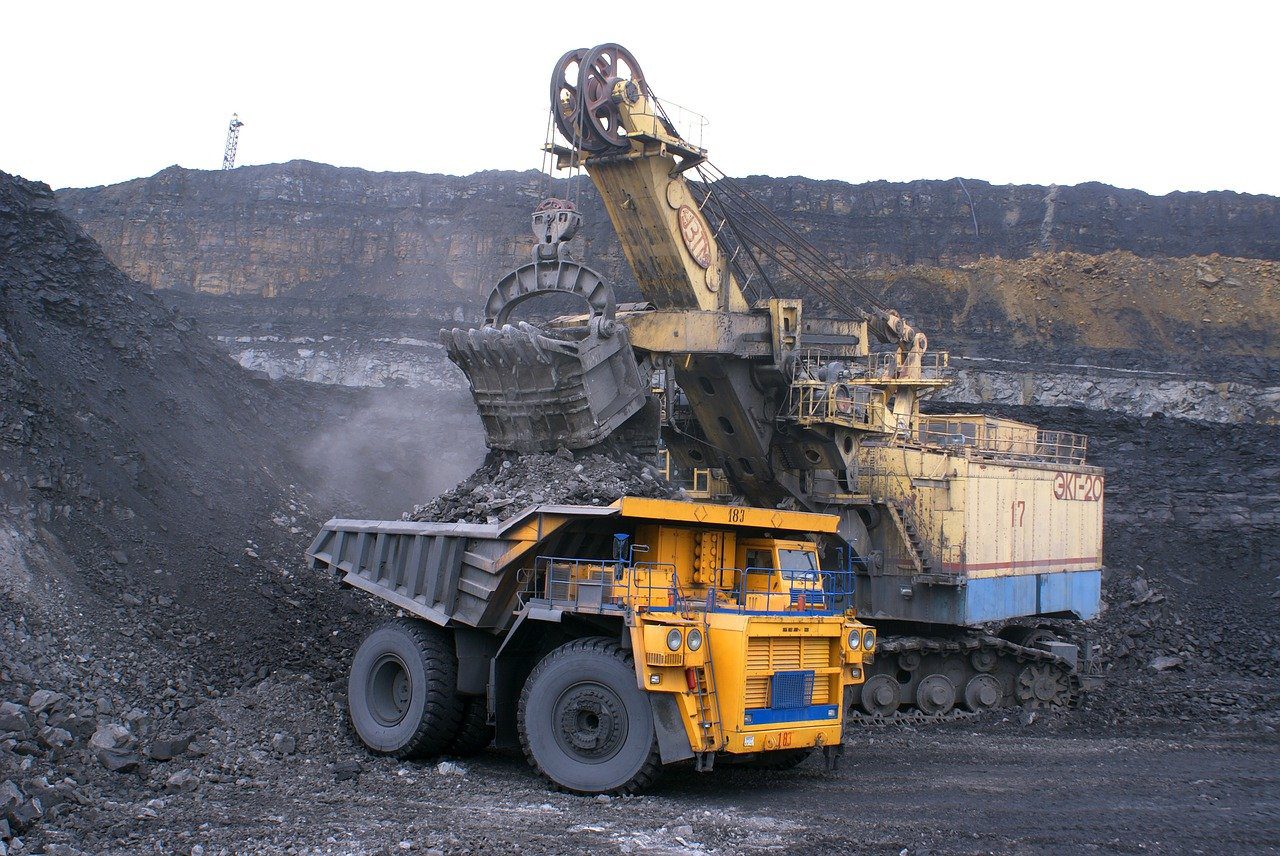
The war between Russia and Ukraine is creating difficult energy supply situations that will become more acute in the coming weeks and months. It is not the least paradoxical that Poland, which has the largest coal reserves on the European continent, should find itself in the position of having to import coal to replace the Russian coal it has been using, rather than drawing on its own reserves.
The Morawiecki government decided to discontinue importing Russian coal as of early May—while other European countries have set a target date of August 1st. But coal remains a major energy resource for many Poles, with 4.3 million households using it and consuming around 7.4 million tonnes of coal per year, according to the ministry of climate and environment. An alternative must therefore be found for all these families. To compensate for the ban on Russian coal, Poland now has to import more than ten million tonnes from other countries, such as Colombia, Indonesia, South Africa, and even Australia.
To carry out this policy of importing from the other side of the world, the Polish government has chosen to use the weapon of public subsidy: it will buy coal at the current high price and make it available to Poles at last year’s cost, while paying the significant price difference. Last year coal was trading at around 996 zlotys per tonne (about €215); today it is between 2,000 and 3,000 zlotys.
Transitioning from regional to overseas coal reserves will drastically weaken the Polish economy. But the ecological dimension of such a move is equally as devastating.
Poland is frustrated with the absurdity of the situation, having become the latest victim of policies put in play by Brussels; for all of its vast coal reserves, Poland cannot make its coal available to Poles because of European directives. “Although we have a lot of coal, we cannot supply it to our citizens or sell it profitably when there is a high demand, but we import it, which is a scandal,” said Patryk Jaki MEP from the Solidarity Party (Solidarna Polska), which is allied to the PiS, in an interview published on the Interia website. Justice Minister Zbigniew Ziobro, often critical of Morawiecki’s policies, is hammering away at the responsibility of the European Union and its “senseless climate and energy policy.”
Prime Minister Morawiecki defended himself against these attacks, explaining that the increase in Polish coal production was growing steadily but was taking time and was still insufficient. But the real reason for this misuse of resources lies elsewhere: the European Union has been pressing for many years to curb Polish coal mining for environmental reasons. No new mines have been opened, and existing ones are old and unsuitable for increased production. MEP Patryk Jaki insists that it was the European Union that forced Poland “not to create new mines … As a result, we have to exploit the old mines, digging deeper and deeper, which makes coal more expensive. Huge taxes have also been imposed on this raw material, which represent half its current value.”
For the time being, Poland is in a bind. Opponents of the government—liberals and left-wing parties—plead for a voluntary transformation of the Polish system to wind power, photovoltaics, and even nuclear power. But converting its energy model will take more time than is possible under current conditions. Coal-dependent, but without access to its own reserves, Poland is reduced to importing more and more coal at ever higher prices. The Morawiecki government is trying to find solutions, and has just announced the appointment of a minister specialising in resolving the issue of coal.
